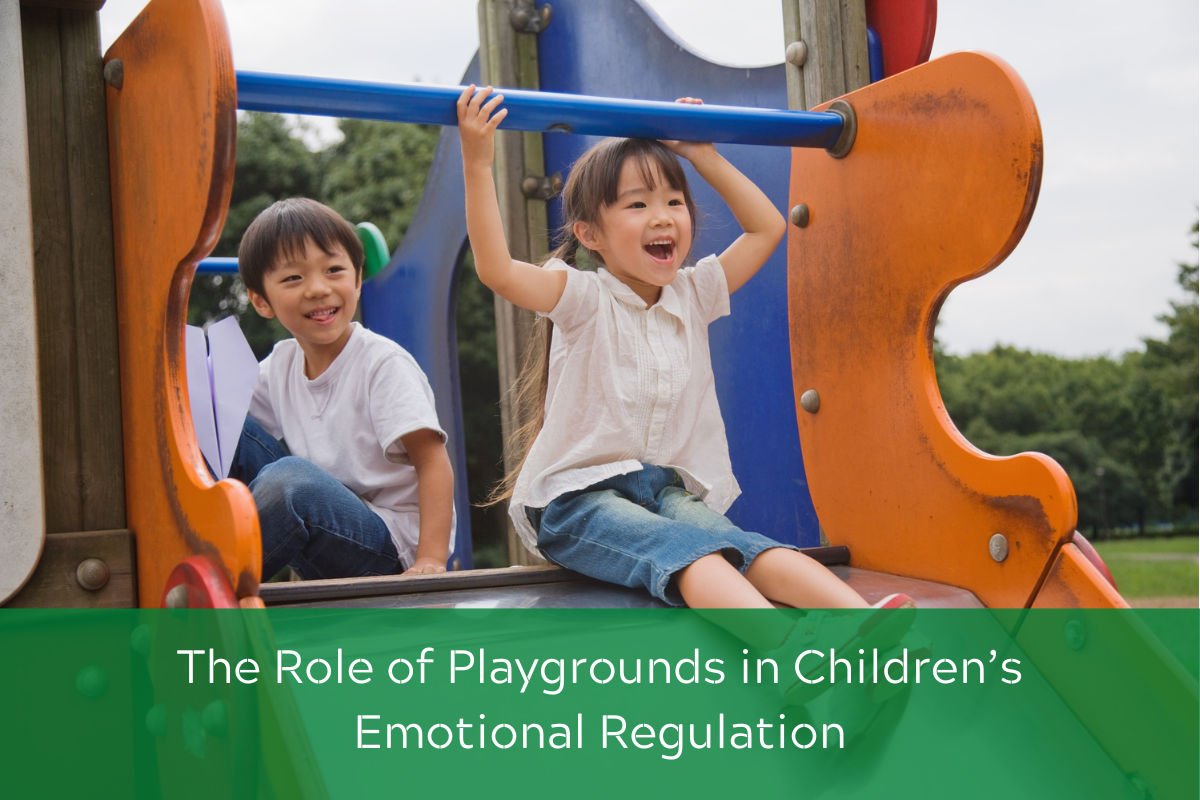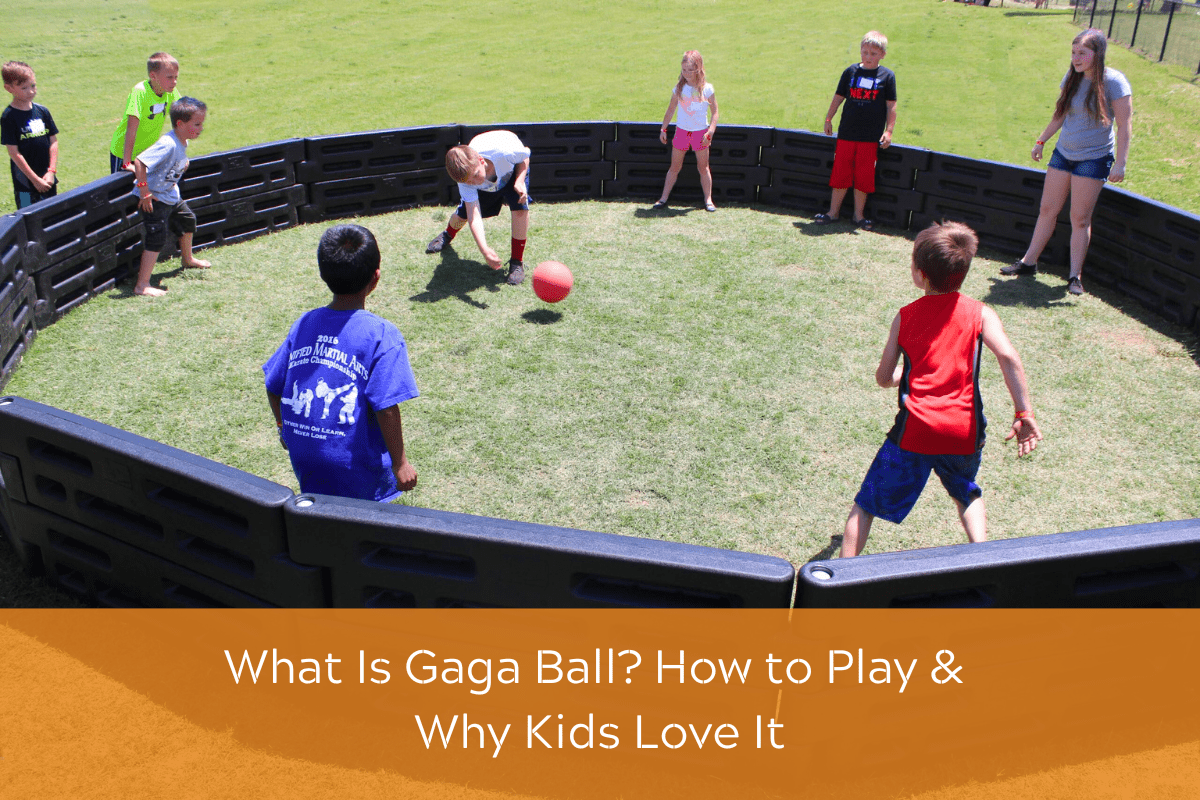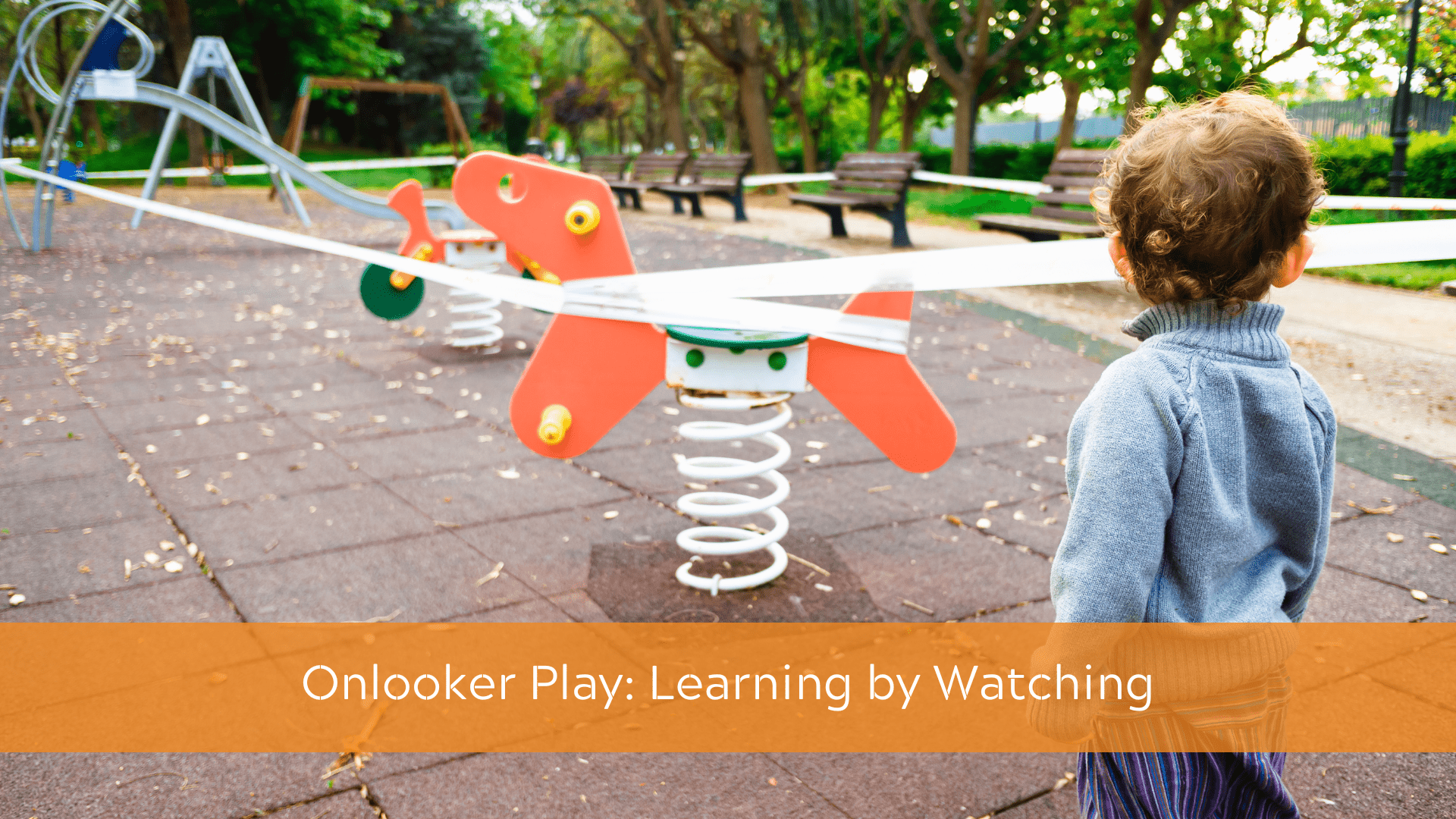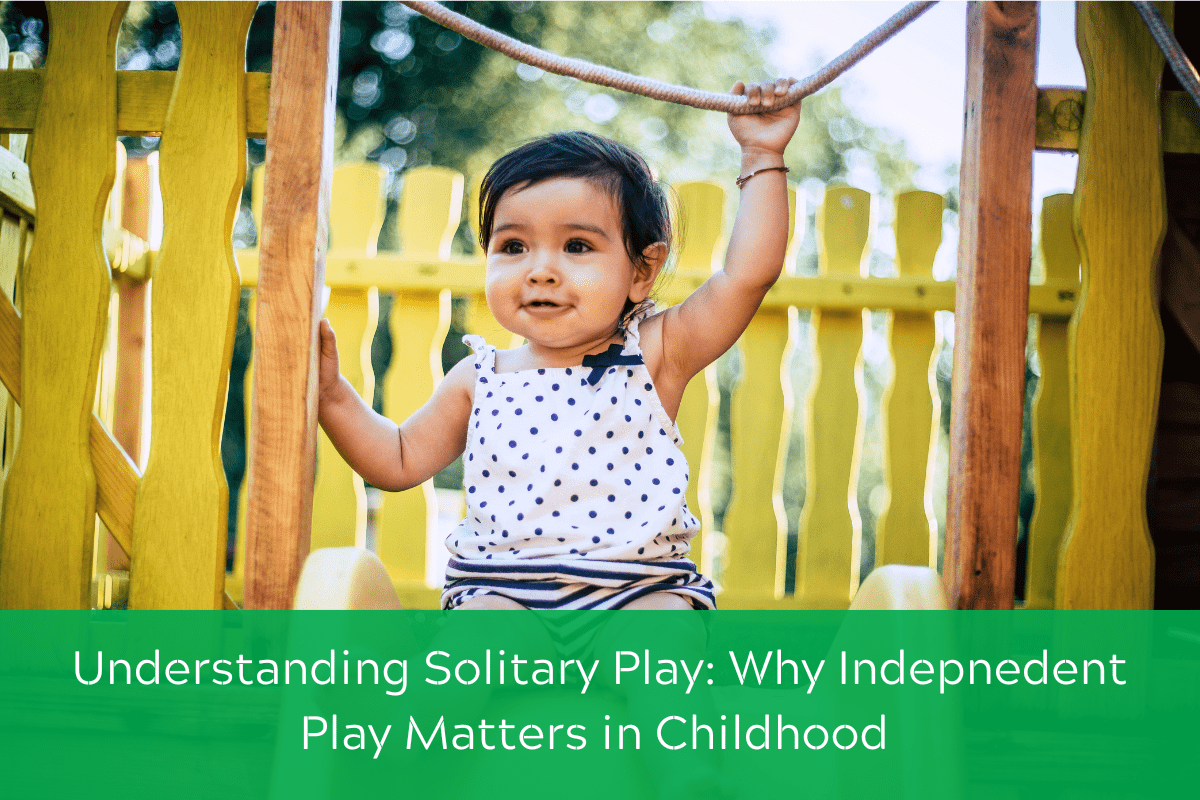How Playgrounds Support Children’s Emotional Regulation
Playgrounds support more than physical activity. They play an important role in children’s emotional regulation, which is the ability to understand emotions, manage reactions, and recover from challenges. Through »







